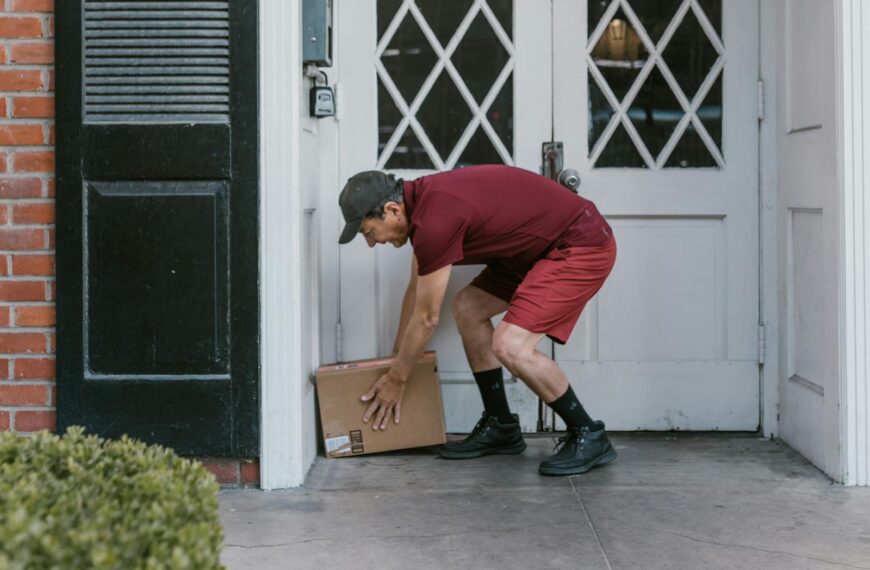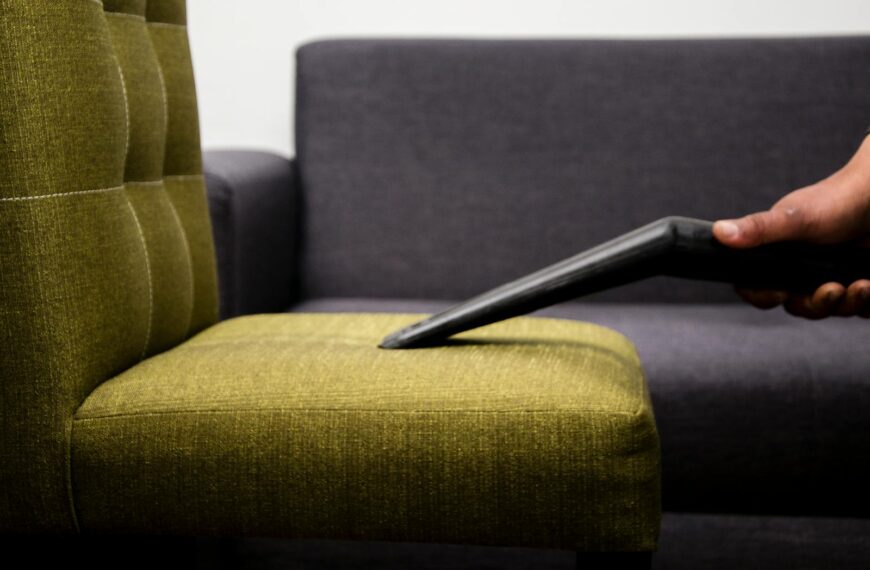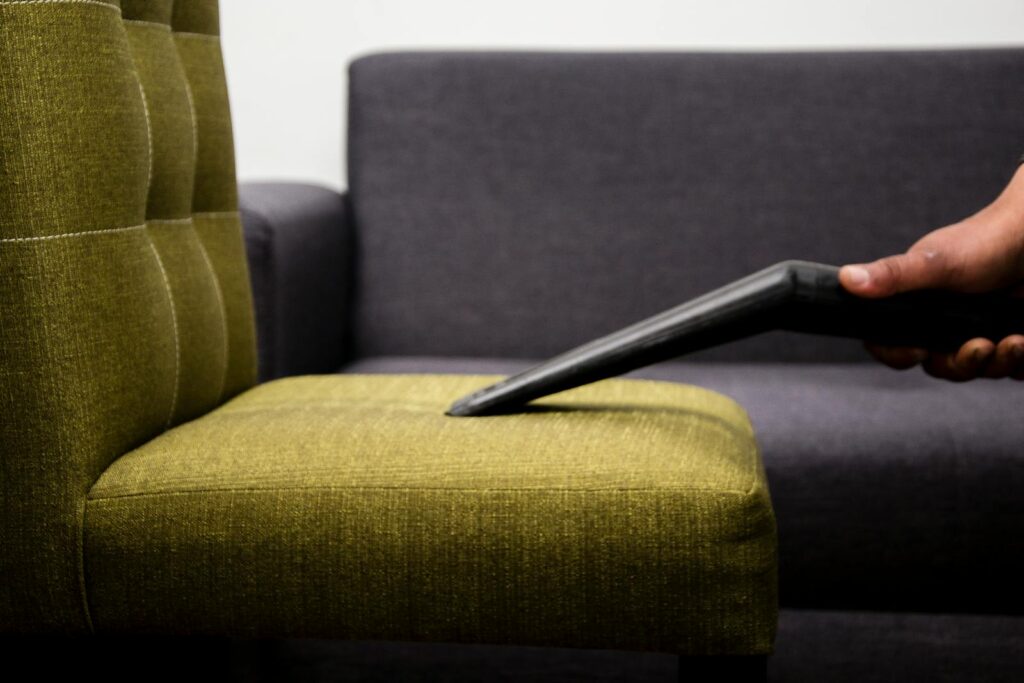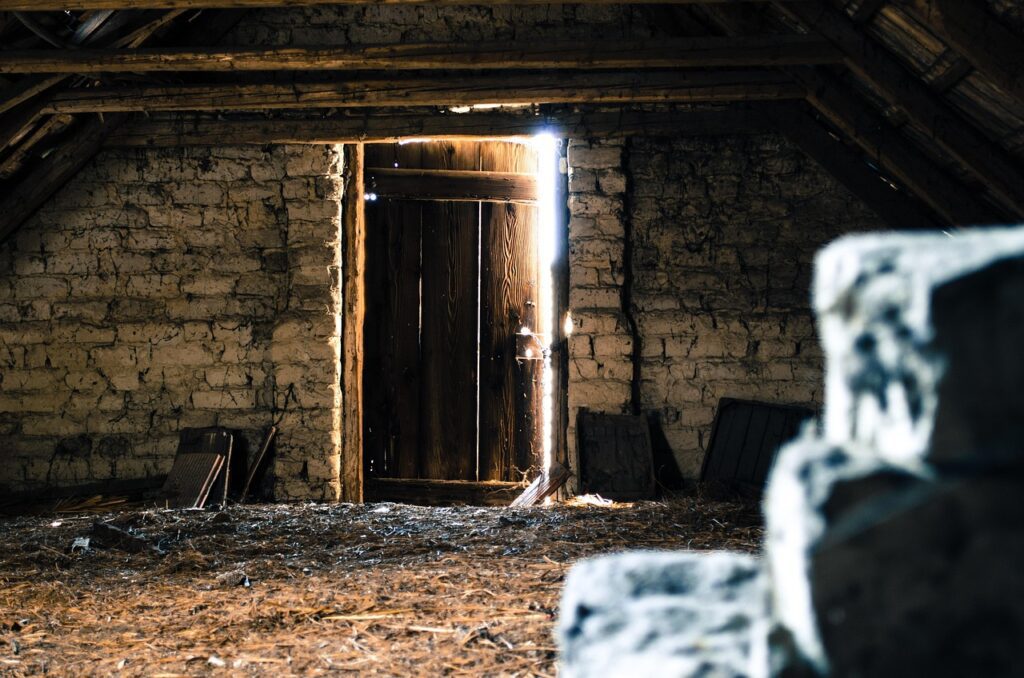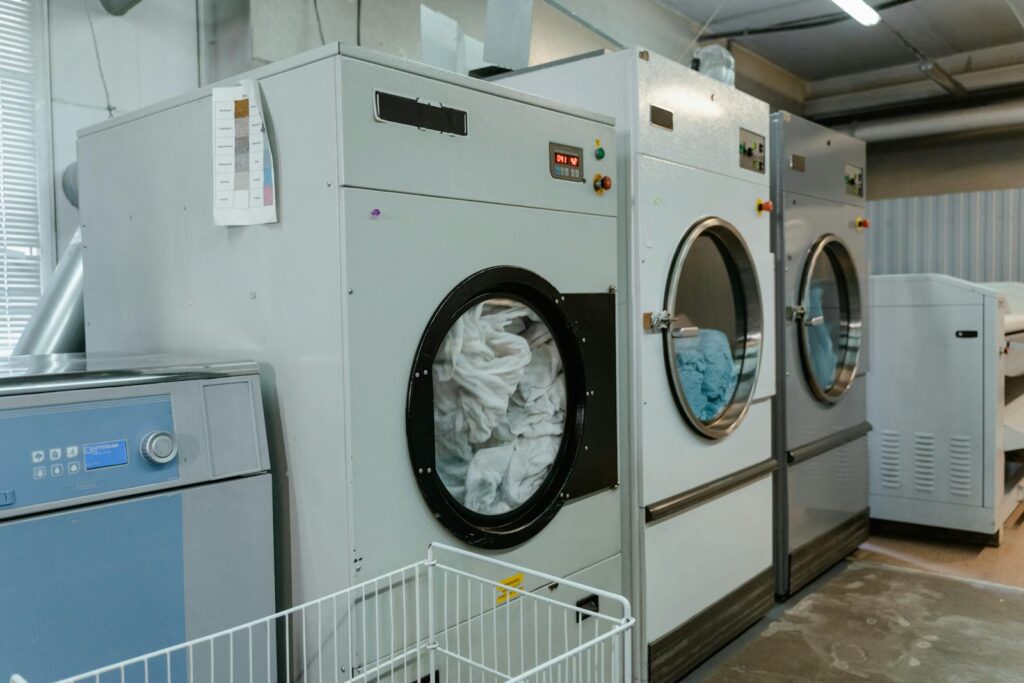Your toolbox is full of items you’ve collected over the years, but not everything inside is useful or safe anymore. Some tools may be outdated, damaged, or simply take up space without serving a real purpose.
Knowing what to toss can help you keep your toolbox organized and make it easier to find the tools you actually need. Clearing out old or unnecessary items can save you time and frustration when you’re working on a project.
Dried-out wood glue

If your wood glue has hardened or lost its stickiness, it’s time to let it go. Old glue won’t bond properly, and your projects could fall apart.
You might try warming the bottle in hot water to soften it, but this only works if it’s slightly thickened, not fully dried out. If it’s really hard, replacement is best. Using fresh glue saves you from weak joints and frustration down the road.
Rusty screwdrivers with stripped tips

If your screwdrivers have rust and stripped tips, it’s time to let them go. Rust weakens the metal, making the tool less reliable and harder to use.
Stripped tips won’t grip screws properly, which can cause frustration and damage. Instead of forcing them, replace these tools for a smoother, safer job.
Trying to fix rusty or damaged screwdrivers can take more effort than it’s worth. Keeping sharp, clean tools makes your work easier and more efficient.
Broken tape measures

If your tape measure is cracked, bent, or the blade won’t retract properly, it’s time to consider tossing it. A damaged tape can give you inaccurate readings, which complicates your projects.
Some people try fixing broken tape measures, but often replacement is safer and more reliable. Don’t let a faulty tape measure slow you down or cause mistakes in your work.
Old, worn-out gloves

If your gloves are torn, stiff, or no longer fit well, it’s time to toss them. Worn-out gloves lose grip and protection, making your work harder and less safe.
Even gloves that once had great dexterity can wear down. Consider replacing them, especially if you rely on good grip during projects. You’ll notice the difference right away.
For durable options, some users recommend gloves with excellent grip that still feel like disposable gloves but last longer. Check out glove reviews online to find reliable brands.
Empty lubricant cans

You probably have a few old lubricant cans taking up space in your toolbox. Once they’re empty, they serve no purpose and can even cause a mess if they leak.
Tossing them frees up room and helps you avoid clutter. Keep only full or partially used cans that you actually need. This little step keeps your toolbox cleaner and more organized.
Bent or broken pliers

If your pliers are bent or broken, it’s time to let them go. Using damaged pliers can make jobs harder and may even cause injury.
Investing in a new, sturdy pair will save you effort and frustration. You want tools that grip properly and work as expected every time.
Don’t hold on to pliers that no longer do their job well. Upgrading your toolbox improves your work and keeps you safe.
Dead batteries in cordless drills
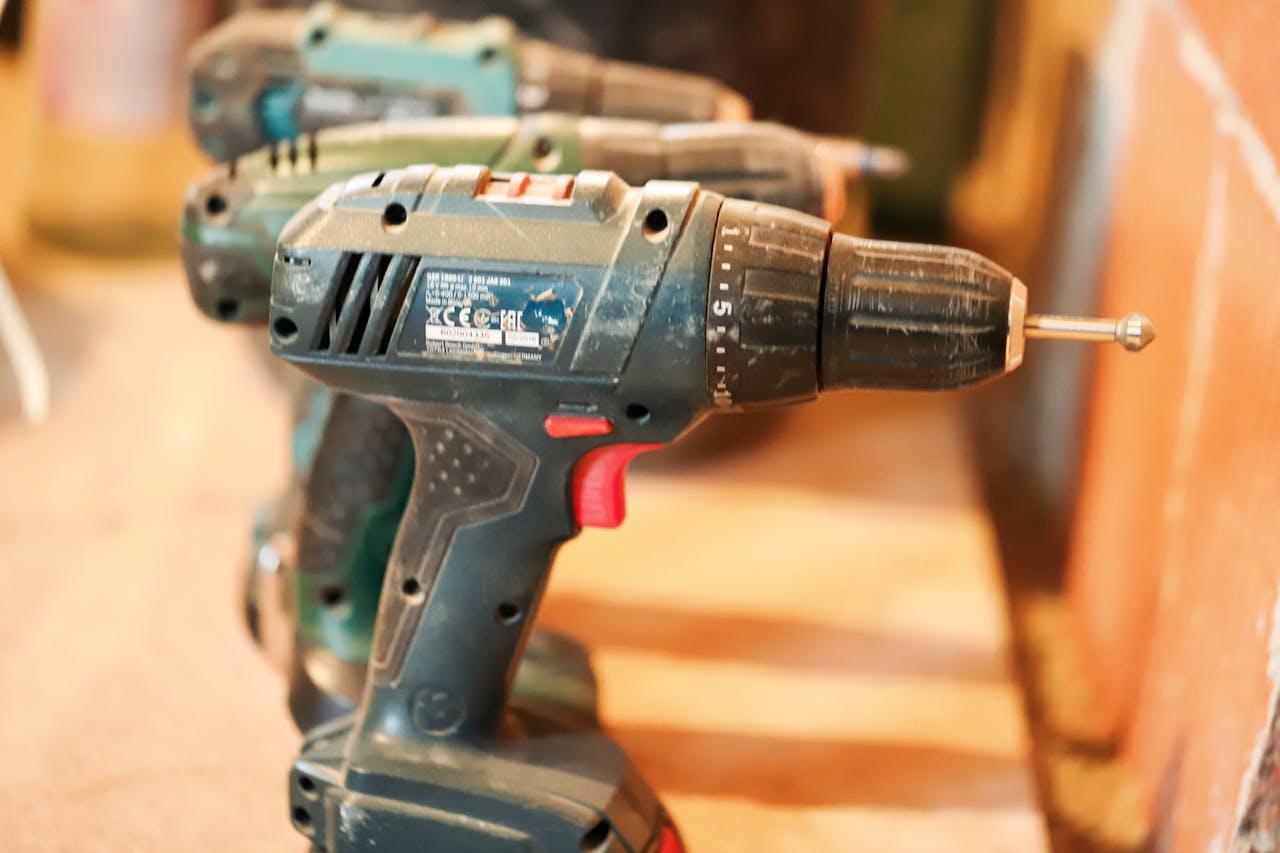
You’ve probably got some old batteries in your cordless drill that won’t hold a charge anymore. If they’re lithium-ion, forcing a charge can be dangerous and might cause overheating or fire.
For NiCd batteries, sometimes you can try reviving them by “zapping” the cells, but success varies.
Often, it’s easier and safer to replace dead rechargeable batteries rather than trying to fix them. You can also rebuild battery packs using new cells if you’re comfortable with the process.
Learn more about dealing with dead batteries in cordless tools here.
Cracked plastic tool cases

If your tool cases have cracks, they’ve probably lost their protection and sturdiness. Holding onto them might just take up space without offering much use.
You can repurpose cracked cases by cutting out the broken sections and using the remaining parts for storage. This way, you avoid waste while keeping your workspace organized. If repurposing isn’t your thing, it’s okay to let them go and clear up room for better options.
Glue sticks older than 3 years

If you find glue sticks in your toolbox that are over three years old, it’s time to toss them out. Old glue sticks tend to dry out or become brittle, which means they won’t melt properly.
Using expired glue sticks can lead to weak bonds or clog your glue gun. Keeping fresh sticks ensures your projects stick well without frustration.
Frayed electrical tape rolls

If you find old electrical tape rolls in your toolbox, it’s time to toss them. Over time, the tape can dry out, lose stickiness, and even crack.
Using worn-out tape may not provide proper insulation, which can be unsafe. Keep fresh rolls handy to ensure your repairs stay secure and safe.
Nicked chisels

If your chisels have deep nicks, they won’t cut cleanly and will damage your work. Trying to sharpen heavily damaged edges can waste a lot of time and effort.
Sometimes it’s better to toss chipped chisels and invest in new ones. Alternatively, you can fix minor damage by creating a micro-bevel, but severe nicks usually mean retirement.
Damaged utility knives

If your utility knife is damaged, it’s time to let it go. A broken blade can be unsafe and hard to control.
You don’t want to risk injury by using a dull or cracked blade. Wrapping old blades in paper before tossing them protects you and others.
Most damaged utility knives can simply be thrown out in regular trash, but always check local rules for blade disposal. For tips on safely discarding blades, see this guide on how to dispose of dull utility knife blades.
Expired super glue

You might think super glue lasts forever, but it actually has a limited shelf life. Once opened, it usually stays effective for about 6 months to a year before it starts to lose strength.
Storing it in a cool, dry place can help, but after a couple of years, the glue often thickens or won’t bond properly. It’s a good idea to toss old tubes to avoid frustrating repairs.
Non-magnetic screwdrivers

You might still have old magnetic screwdrivers in your toolbox, but they can cause problems with sensitive electronics. Non-magnetic screwdrivers are better when working on devices like tape decks or circuitry.
If you often handle delicate equipment, consider switching to ceramic or other non-magnetic screwdrivers. They help prevent accidental damage and keep your work precise.
Don’t keep magnetic ones if they’re worn or causing issues. It’s worth investing in good non-magnetic tools to protect your projects and make your job easier.
Bent nails and screws

You might be holding onto bent nails and screws, thinking they’ll come in handy later. In reality, these damaged fasteners can cause more trouble than good.
Bent nails can weaken your project and make it harder to secure materials. Screws with stripped threads or bent shafts won’t hold properly either.
It’s best to toss these out and keep your collection clean. Having only straight, undamaged nails and screws saves you time and frustration when you need them. For more on keeping hardware organized, check this out.



